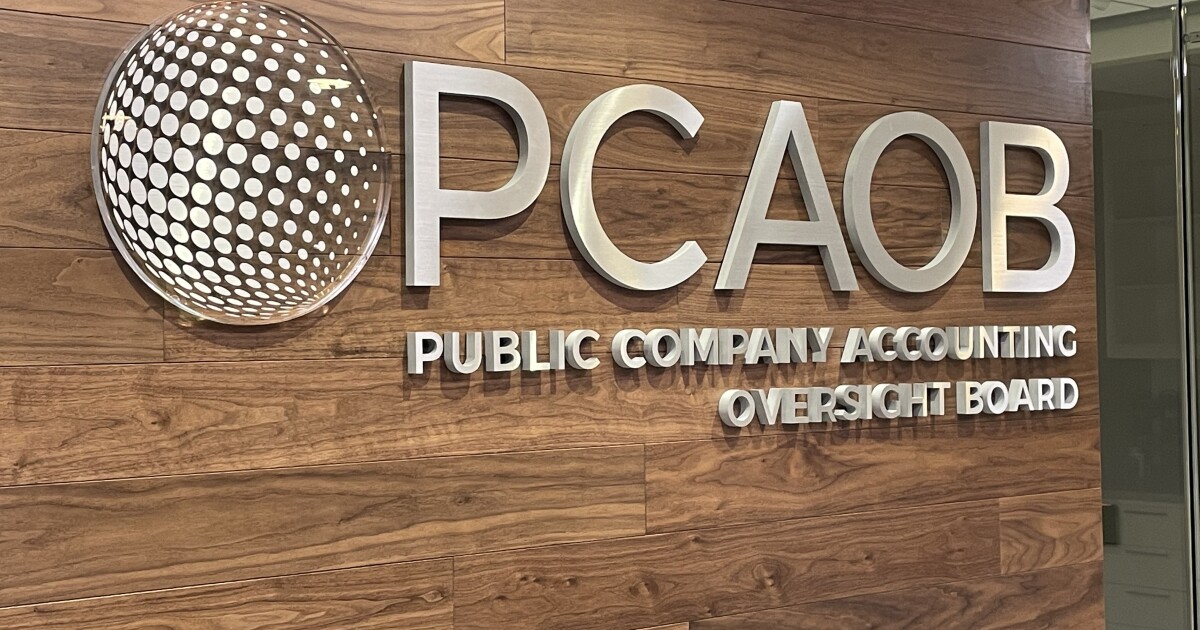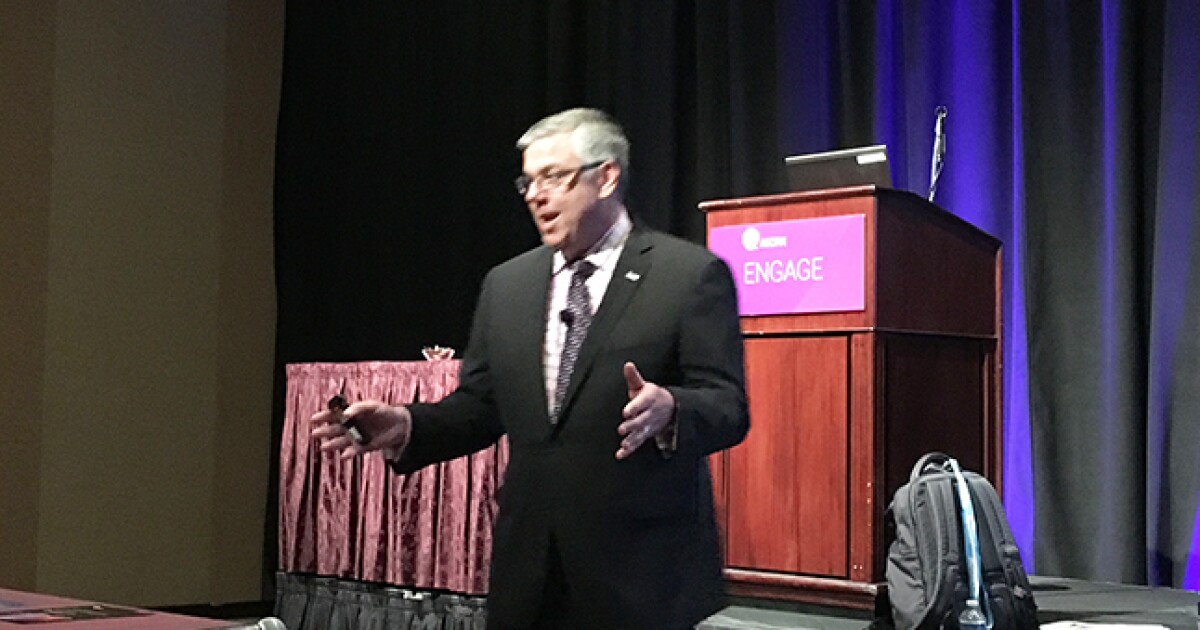Wealthy Americans and business investors are among the big winners in House Republicans’ draft tax legislation while targets of President Donald Trump’s ire such as immigrants and elite universities were hammered.
The tax plan is likely to undergo significant changes as it winds through the House and then the Senate. But the committees’ drafts released this week have set up initial goalposts.
Here’s who’s winning and losing so far in the tax fight.
Winners
Multimillionaires
The rich would dodge a tax increase and gain the ability to pass more wealth on to their heirs in the bill approved early Wednesday by the House’s tax committee.
House Republicans omitted a proposal the Trump administration floated to raise the income tax rate from 37% to 39.6% on people with very high incomes. Instead, wealthy families get another tax break: the estate tax exemption will rise to $15 million for individuals and $30 million for married couples next year, and rise with inflation afterward. Moreover, their Trump tax cuts would become permanent.
Small business owners
The bill increases the pass-through business tax deduction from 20% to 23% and expands the definition of who can qualify. The deduction is available to owners of sole proprietorships, LLCs and partnerships.
Private equity
The carried interest tax break benefiting private equity, venture capital and real estate partnerships would survive again, despite the president’s push to eliminate it. Private equity also won an expanded interest expensing tax break.
Domestic car dealers
Up to $10,000 a year in loan interest for U.S.-made cars would be tax deductible through 2028, a boon to auto dealers looking to close sales. But the break phases out slowly for individuals with more than $100,000 in income and couples with more than $200,000. This new break will cost an estimated $57 billion in lost tax revenue.
Manufacturers
The bill revives several favorable tax rules for businesses, including bonus depreciation for the cost of production upgrades and a research and development tax break, winning the endorsement of the National Association of Manufacturers. Those breaks, however, would also be temporary.
Elderly and tipped workers
In a nod to some of Trump’s populist campaign promises, taxpayers aged 65 and older would get a larger standard deduction, while tips and overtime pay would be exempted from income taxes. The provisions included limits to shrink their cost and would expire after 2028.
Parents
The child tax credit would increase from $2,000 to $2,500 through 2028. Newly minted parents could open up new “MAGA” investment accounts for their babies seeded with $1,000 from the government.
Corporations
Other tax increases that had been considered that would have hit big business, such as an increase in the stock buyback tax or a limit on the state and local deduction for corporations, were mostly rejected.
Defense contractors
The package boosts defense spending by $150 billion, with much of the funding going to new weapons systems made by major contractors.
Losers
Low-Income Americans
Some of the cost for the tax bill would be defrayed through cuts to Medicaid health coverage and food stamps, both of which benefit low-income Americans. House Republicans are seeking to impose work requirements on able-bodied Medicaid recipients up to 64 years old and beneficiaries would have to pick up more costs.
The GOP also has proposed cuts to the nation’s largest anti-hunger program, the Supplemental Nutrition Assistance Program. That includes expanding current work requirements to cover more beneficiaries. Beginning in 2028, states also would be required to pay a portion of food benefit costs, which are now fully paid by the federal government.
Residents of high-tax states
Lawmakers representing high-tax states such as New York, New Jersey and California pressed to increase a limit on the deduction for state and local taxes first imposed to help pay for Trump’s 2017 tax law. But House Republicans’ plan to raise the limit to $30,000 — up from the current $10,000 — fell far short of demands.
Negotiations are still underway and the disappointed lawmakers have plenty of leverage. House Speaker Mike Johnson said a SALT deal is likely Wednesday. House Ways and Means Chairman Jason Smith has criticized the demands for an even bigger SALT deduction, saying that a $30,000 cap covers more than 90% of the constituents in high-tax districts.
The limit would expire entirely at the end of the year without new legislation and because of the small Republican majority just a few lawmakers from high-tax states could block the House bill if they withhold their votes, as they have threatened to do.
Renewable energy
Clean energy industries would be hit by the Republican plan, which would roll back many provisions of former President Joe Biden’s landmark climate law.
A tax credit for solar panels and other clean energy systems would be phased out, as would investment and production tax credits for wind, solar and other clean electricity production. Tax credits for the production of nuclear power and hydrogen production also would be phased out.
Electric vehicle makers
Tesla Inc., General Motors Co. and other electric vehicle makers would be hit by elimination of a consumer tax credit of up to $7,500 for the purchase of electric vehicles.
The GOP proposal also ends tax credits for used and commercial electric vehicles.
Elite universities
Add tax bills to the escalating battle the Trump administration and Republicans are waging against elite universities such as Harvard and Columbia.
Private colleges and universities with at least 500 students and endowments exceeding $2 million per student would pay a rate of 21% on net investment income, up from the current tax of 1.4%. That includes Harvard, Yale, Stanford, Princeton and MIT.
But the plan won’t only impact the wealthiest private colleges. Colleges with endowments over $750,000 to $1.25 million per pupil will pay a 7% tax, while colleges with endowments over $1.25 million per student but below $2 million would pay 14%. Religious institutions are exempted.
Private foundations
Private foundations also would face an escalating tax based on their size: 2.78% for private foundations with assets between $50 million and $250 million, 5% for entities with assets between $250 million and $5 billion; and 10% for foundations with assets of at least $5 billion, such as the Gates Foundation, a longtime target for Republicans.
Immigrants
Several provisions would raise taxes on immigrants. That includes a new 5% tax on transfers of money to foreign countries, known as remittances. Many immigrants in the U.S. send money to relatives in their countries of origin. U.S. citizens could apply for credits to offset that cost.
The proposal also would restrict some immigrants’ access to tax credits for health coverage premiums. The change would prevent immigrants granted asylum or temporary protected status from accessing those credits.


 Economics1 week ago
Economics1 week ago
 Personal Finance5 days ago
Personal Finance5 days ago
 Personal Finance1 week ago
Personal Finance1 week ago
 Personal Finance5 days ago
Personal Finance5 days ago
 Economics6 days ago
Economics6 days ago
 Economics6 days ago
Economics6 days ago
 Economics6 days ago
Economics6 days ago
 Economics6 days ago
Economics6 days ago










